Iran, Russia, Turkey stress fighting terrorism, blast Israeli attacks on Syria
Iran, Russia and Turkey have jointly stressed fighting against terrorism in all forms, slammed Israeli attacks in Syria and emphasized the leading role of Astana format talks in promoting a sustainable settlement to the Syrian crisis.
Delegations of the three guarantors made the remarks in a joint declaration adopted at the 21st international Astana meeting on Syria held in the Kazakh capital city of Astana on Wednesday.
The Iranian delegation was headed by Ali Asgar Haji, Senior Advisor for Political Affairs at the Iranian Foreign Ministry, while those of Russia and Turkey were led by Russian President Vladimir Putin's Special Envoy for Syria Aleksandr Lavrentiyev and Turkish Deputy Foreign Minister Ahmet Yildiz, respectively.
The trio “expressed their determination to continue working together to combat terrorism in all its forms and manifestations and stand against separatist agendas aimed at undermining the sovereignty and territorial integrity of Syria and threatening the national security of the neighboring countries, including through cross-border attacks and infiltrations,” the final communiqué said.
They also “emphasized the leading role of the Astana Process in promoting the lasting settlement of the Syrian crisis.”
Since the outbreak of Israel’s brutal war on the besieged Gaza Strip in October 7, the occupying regime has significantly increased its cross-border attacks against Syria.
In response to such hostilities, Iran, Russia and Turkey also “condemned all Israeli military attacks in Syria. Considered these actions as a violation of international law, international humanitarian law, the sovereignty and territorial integrity of Syria, and recognized them as destabilizing and exacerbating tensions in the region and called for the ceasing of these attacks.”
The three guarantors also expressed concern over the negative impact of the Gaza war on the deterioration of the situation in Syria.
They “underlined the importance of preventing the armed confrontation area from expanding and other states of the region from being dragged into the confrontation. Expressed deep concern over the humanitarian catastrophe in Gaza and stressed the need to end Israeli brutal onslaught against the Palestinians and sending humanitarian aid to Gaza. Called for the implementation of the UNGA Resolution A/ES/-10/L.27 (2023) demanding an immediate ceasefire and compliance by all parties with their obligations under international law.”
The trio also stressed that there could be no military solution in Syria, reaffirming their “commitment to advancing a viable and long-term Syrian-led and UN-facilitated political process in accordance with UN Security Council Resolution 2254.”
The Astana Format was launched in 2017 at the initiative of Iran, Russia and Turkey on how to reduce tensions and hostilities in war-torn Syria. Russia, Turkey, and Iran, as well as delegates from Syria’s government, opposition and the United Nations take part in the 21st round of the Astana format talks.
Back in June last year, the Kazakh foreign ministry suggested ending meetings in Syria because the acute phase of the confrontation between Damascus and opposition was over. However, the Kazakh authorities decided to hold a fresh meeting by the collective appeal of Tehran, Moscow and Ankara.
Iran’s Dena destroyer docks in Indian port as Tehran, New Delhi discuss maritime security
Trump plans to establish 'massive' military base in southern Gaza: Report
NYT questions Trump’s justification for threatening war on Iran
VIDEO | Press TV's news headlines
Araghchi stresses efforts to draft negotiating text between Iran and US
Over 150 ex-diplomats slam French FM's 'disinformation’ about UN’s Albanese
Alawite women abducted and raped, others sold by Jolani's men: Report
Iran, China, Russia hold trilateral talks on Geneva nuclear negotiations


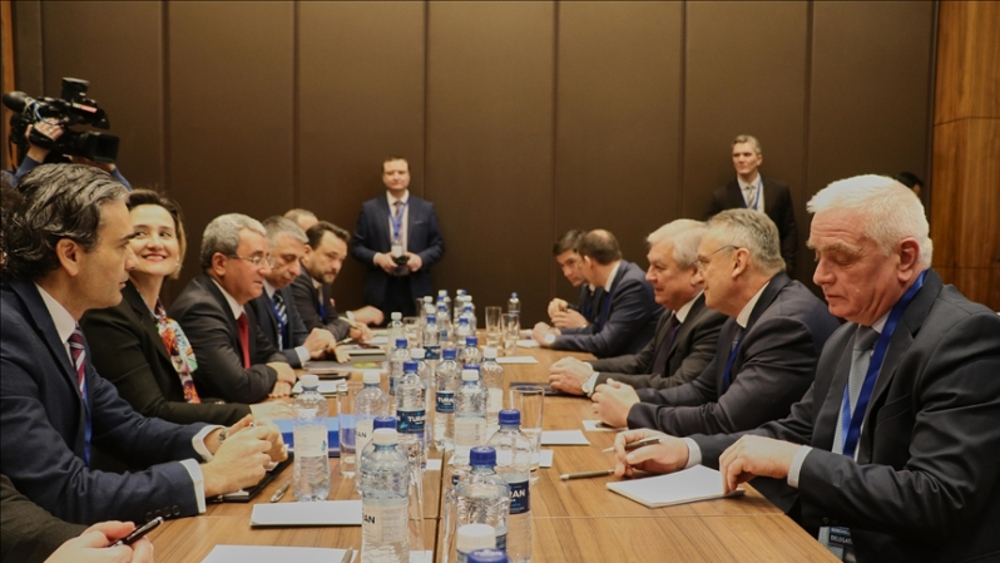
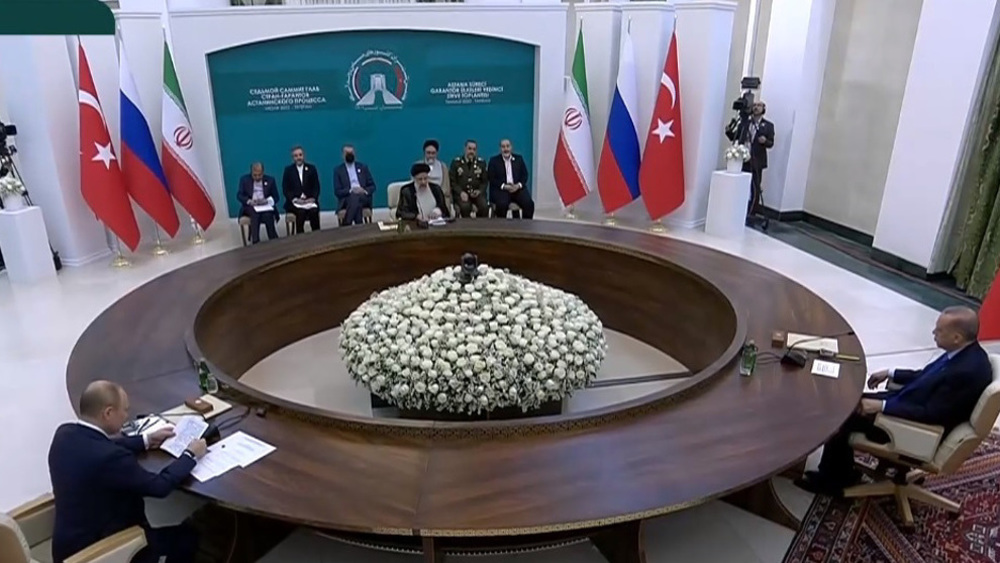
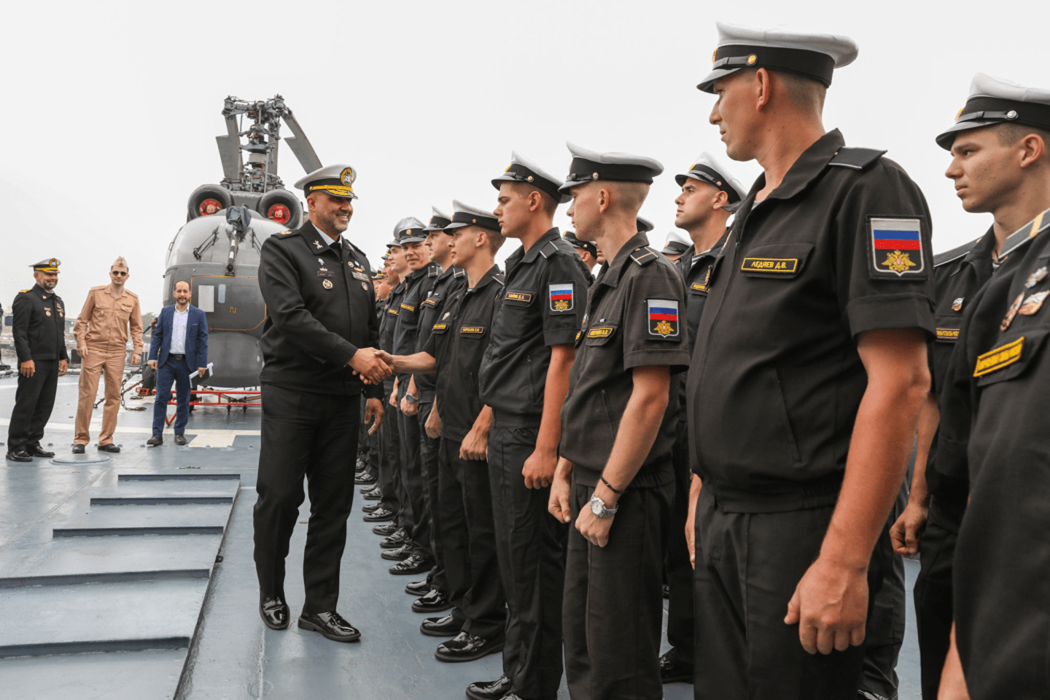
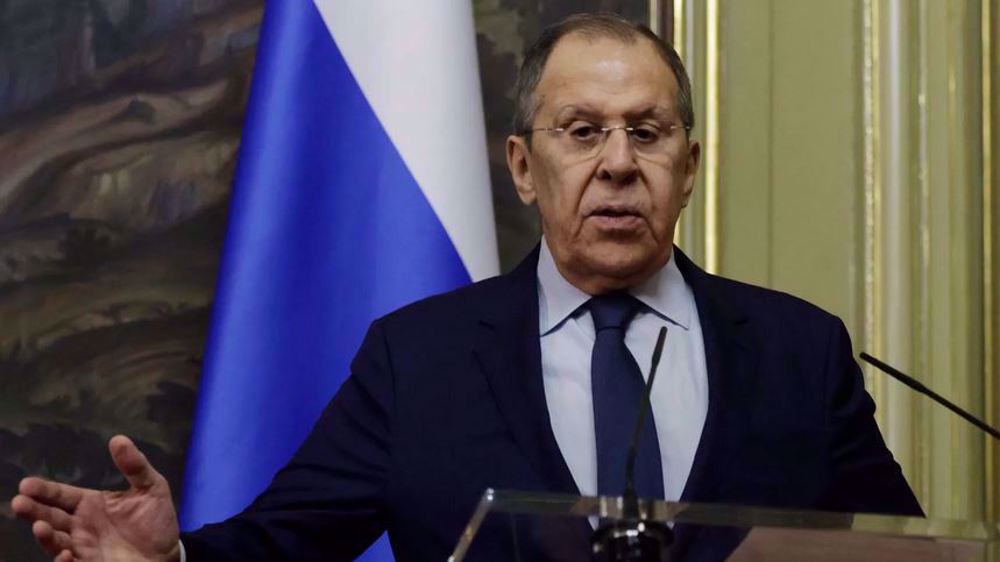
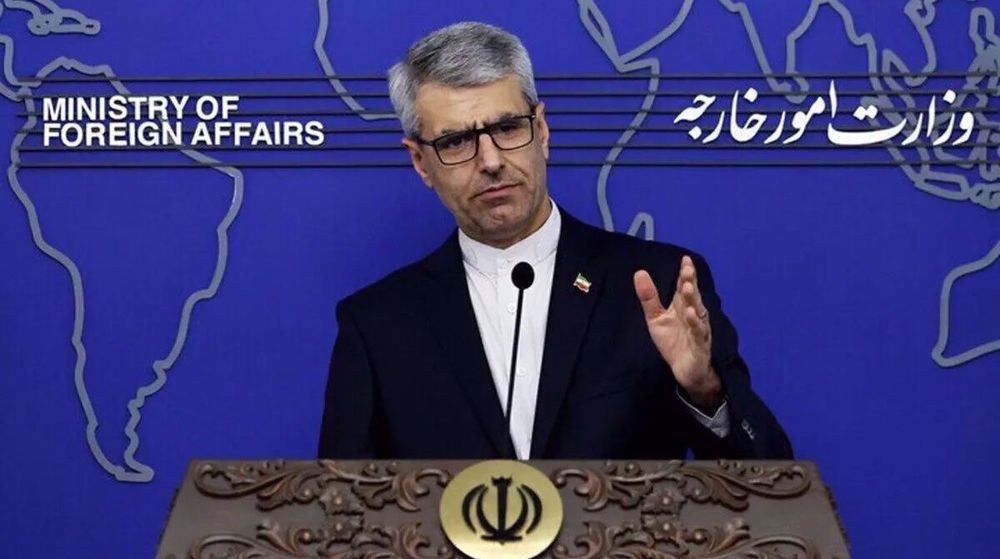




 This makes it easy to access the Press TV website
This makes it easy to access the Press TV website